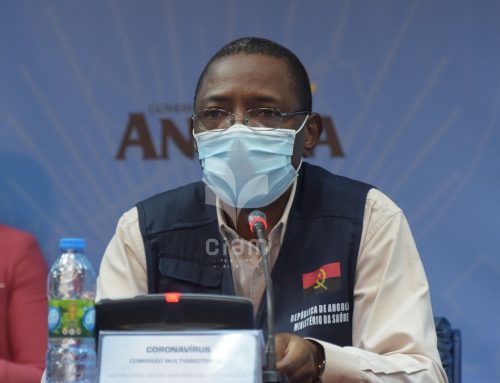"If the measures that are reflected in the state of emergency are not followed, we will run the risk of, in the next 15 days, having an accelerated increase in cases", stressed Sílvia Lutucuta, in Luanda, capital of the country, in a press conference where announced the first two deaths related to covid-19.
Angola has so far recorded seven positive cases of covid-19, related to travelers who have returned to Angola in recent weeks from Portugal.
"At this point we still only have imported cases," said the minister, adding that there is a public health emergency in which all Angolans are called to collaborate.
"We can assume that the country is at home quarantine," said Sílvia Lutucuta, stressing that people should stay at home.
For the minister, “the secret is to start the isolation, people to comply”, to do “the mass screening of suspected cases” and, as soon as “positive cases and their contacts are detected, isolate, isolate, isolate”, of to ensure that the transmission chain is not as fast.
According to the official, the number of people in institutional quarantine (currently there are more than one thousand) has been increasing, as people who were intercepted at land borders entered the centers, others who were identified as violating the home quarantine and contacts of positive cases .
Sílvia Lutucuta said that today there was "a marked reduction in the circulation of people on the streets" and underlined that if the rules are not followed, "more reinforced measures will be implemented" to prevent citizens from walking on the street unnecessarily.
The minister also said that Angola is also participating in research work on the behavior of the disease, “because the comorbidities are not the same as in the four corners of the world”.
In Angola, there is "an important burden of endemic infectious diseases", so it is not known how covid-19 will behave in conjunction with other problems, such as malaria, malnutrition or tuberculosis, he said.
The new coronavirus, responsible for the covid-19 pandemic, has already infected more than 667,000 people worldwide, of whom more than 31,000 have died.
Of the cases of infection, at least 134,700 are considered cured.
